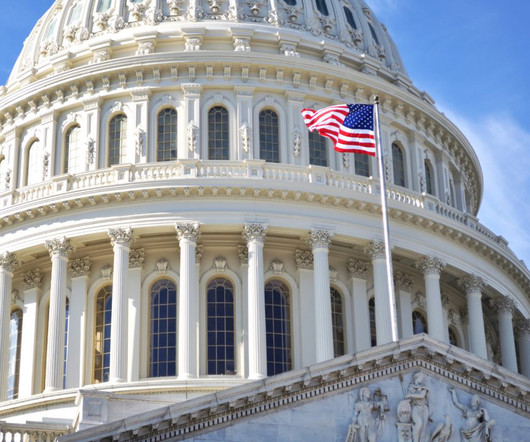How to Restore Community Economies: Reestablishing the Right to Associate
NonProfit Quarterly
NOVEMBER 13, 2024
Union-owned renewable energy: Imagine a largely immigrant neighborhood near an oil refinery. Many residents work in the energy industry, and large portions of their incomes go back to that industry. Our reigning frameworks for taxation and securities don’t enable the kinds of association required.














Let's personalize your content